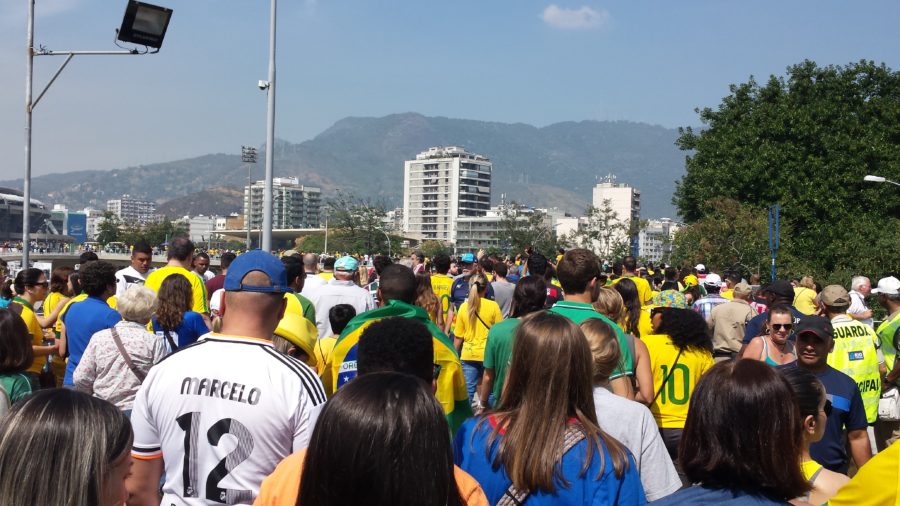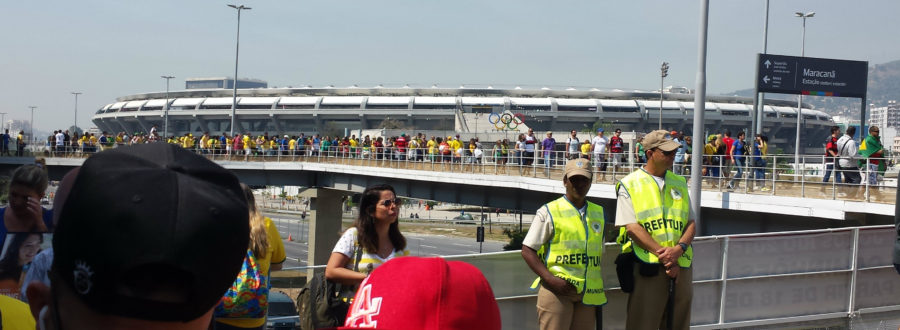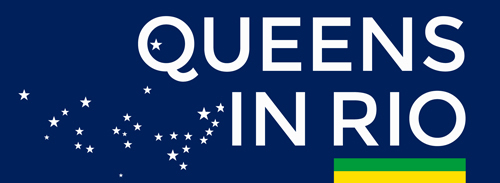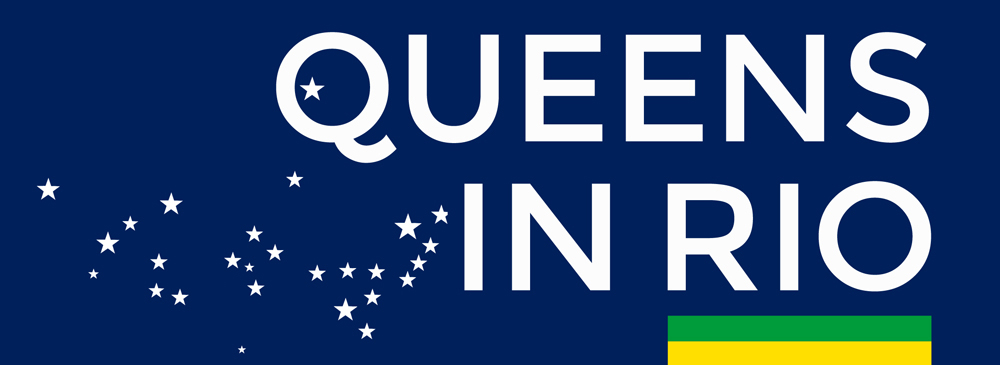

Sports fans like me love to list the best games at the best venues we’ve ever witnessed in person. For me, that list includes:
- Seeing Chipper Jones hit the 400th home run of his career – on my mom’s birthday no less – against the Florida Marlins at Turner Field in 2008
- Watching the 2009 New York Yankees beat the Baltimore Orioles at the then-brand-new Yankee Stadium. The win gave the Yankees the American League East lead over the Boston Red Sox en route to winning the World Series
- Taking in a St. Louis Cardinals-Chicago Cubs game at Wrigley Field (too bad my Cards lost!) in 2013
- Welcoming home the Hornets name to Charlotte in 2014 at Time Warner Cable Arena
- Celebrating an almost-blown Carolina Panthers divisional-round victory over the Seattle Seahawks in 2015 at Bank of America Stadium
- Seeing Kemba Walker score a franchise-record 52 points in a single game for the Hornets in January 2016, again at Time Warner Cable Arena (soon to be renamed Spectrum Center, I read today)
And now I can add to that list visiting Maracaña during the Olympics. Oh wait, it wasn’t just that. I saw the Brazilian women’s national team play in Maracaña. And that experience may very well be at the top of my list.
My group of 17 students from Queens and Mackenzie woke up excited for a soccer match – pardon me, we’re in Brazil – a football match. En route to Maracaña, as more and more Brazilians crowded the subway, that excitement trumped a Subway Series in New York. Or so I can imagine.
“Something in Portuguese…” the speaker crackled. “Next station: Maracaña.” The entire car cheers, be them Brazilian, Swedish, American, German or Italian.
We finally exit the station, aptly named for its surrounding neighborhood. (The real name of the stadium is Estádio Jornalista Mário Filho.) We get our first real glimpse of the stadium.

Seeing Maracaña gave me my first chill of the day, even though it was a sunny, perfect 83-degree day in the middle of the Brazilian winter.
After fighting our way through ticket control and security and climbing up to the second level of the sporting structure that bats an eye only at the mention of Wembley Stadium in terms of world renown, we bust through the concourse to admire the pitch for the first time.
Pictures were taken and drinks were had, but I did not truly experience Maracaña until As Canarinhas (The Female Canaries) took to the pitch. Another chill. Some of the locals say their nation still has some sexist beliefs, but you couldn’t tell by the way they cheered for Marta and the Auriverde (Gold-and-Green).
And then the national anthems. Sweden’s was played first, of course, as the de facto away side.
That wasn’t the moving part.
It was when Hino Nacional Brasileiro was played that not only a chill struck me, but a tear dripped down my cheek. This is the same country that the American media has labeled dangerous for visitors, whether by thugs in the street or Zika-carrying mosquitos. These are the people who have had enough of it, disappointed that others would think of their beloved home in such a light.
The Brazilians sang their national anthem. I remember Americans singing the Star Spangled Banner with that much pride once, at Giants Stadium after 9/11. Throughout the afternoon, residents of Rio, called cariocas, and the rest of Brazil lost their minds for their side chanting, clapping, singing… anything to will As Canarinhas to victory.
For a match that lasted more than 120 minutes, they completely forgot about economic and political strife. An almost-packed stadium became one (OK, two. There were a few Swedish fans brave enough to attend the match!)
As expected, manager Pia Sundhage instructed her side to play a conservative, defensive style against Brazil, just like they had against the US women’s team, intending to wear them out and attack on a swift counterstrike. As Canarinhas were more than willing to oblige and possessed the ball for 65 percent of the match. But they never seemed to tire, playing to a scoreless draw even after two extra 15-minute time periods.
Perhaps it was the magic of Maracaña.
Or perhaps not. Brazil’s luck failed them in penalty kicks, as Sweden took the match 4-3.
But Maracaña had one more surprise up her sleeve, even as Blågult (The Blueyellow) celebrated a berth into the gold medal match on Brazil’s hallowed grounds. Even as Marta’s side fell to the turf in defeat, every person in the stadium wearing a shirt as golden as a Brazilian sunrise over Ipanema took to their feet to offer one more song in support of A Seleção — the players called “the Select.”
Chill number four.



Sounds wicked awesome! Also glad to be part of three of the moments of your best games list. Keep up the awesome work.